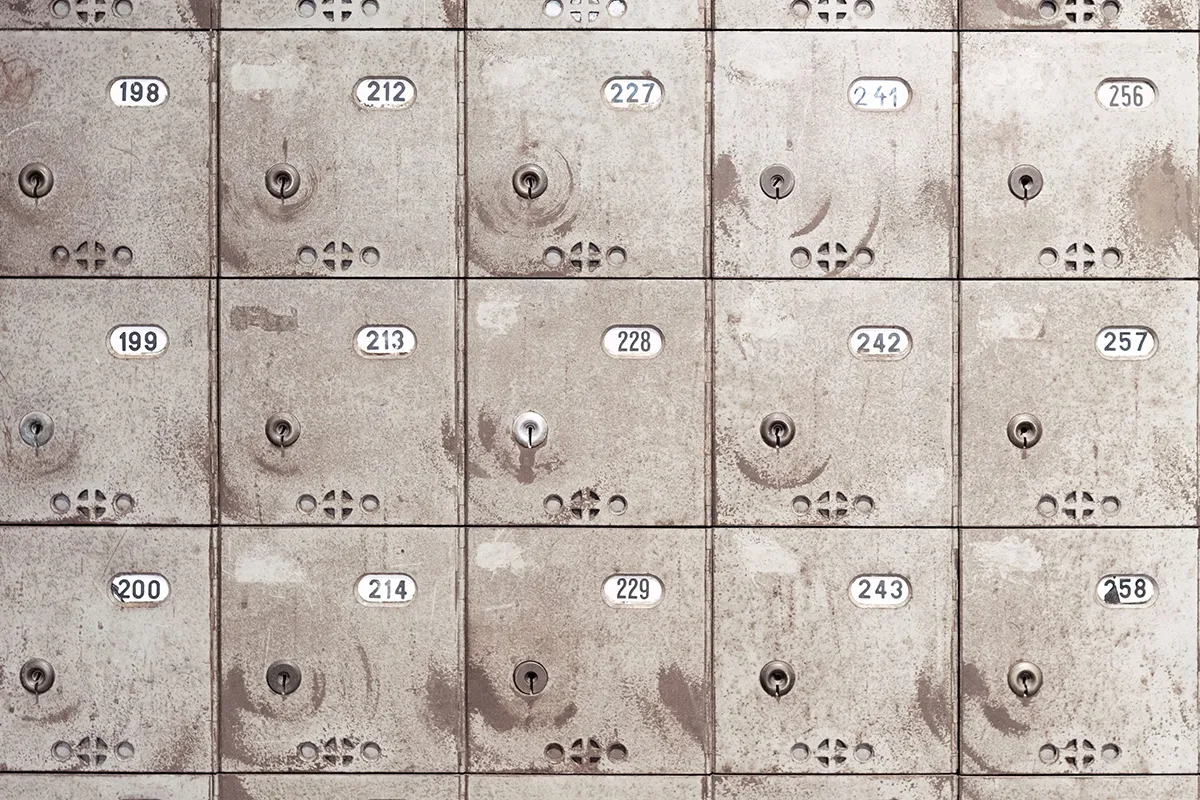Monday, 14 January 2019
Dutch Government wants digital vault for everyone. Good idea?

On the 4th of December 2018, the Lower House of Parliament approved a motion by the two liberal parties VVD and D66 for a single online identity and a digital vault for every Dutch person.
In this safe, personal data such as address, age and marital status should then be available, as well as non-governmental data such as diploma and insurance details. According to Jan Middendorp of the VVD, the intention is to increase the efficiency of the government and to give the citizen access to his data that are currently spread over various government institutions.
Ad van Loon and Maarten Louman of the Qiy Foundation and Bas van den Akker of Trust Alliance recently had a conversation with Jan Middendorp. In this conversation Middendorp made it clear that for the VVD and D66 the digital safe is the place where up-to-date government data should come together for the benefit of the citizen. So not a static safe in which a copy of data is stored, but a network solution in which the safe belongs to a citizen who can use it to retrieve the current data from government sources. Each data item has one source. This starting point is in line with the Qiy Scheme, which states that citizens should have online access to their actual data directly from the source.
The additional promise of Qiy is that as a citizen I do not only have a relationship with the government: I want to have access to my up-to-date data from various sources and to make these available to other parties under my direction. I also give explicit permission for the data to be used for every specific purpose.
The government currently stores personal data in a large number of databases. Every government organisation needs its own data and also produces its own data. As a citizen, I already have the right to have all this information at my disposal, even though not all government organisations are ready for it.
Distributed data storage (where each data item has only one source) combined with infrastructure that really puts the citizen at the centre is the new way of thinking. That’s why the programme ‘Regie op Gegevens’ of the Ministry of the Interior is focused on a network perspective. In 2015, the Qiy Foundation, in consultation with many private and public parties, already developed the blueprint for such a network solution. So nothing new needs to be developed; it only needs to be implemented. In that sense, the setup by VVD and D66 is very welcome; finally the government is forced to make a policy choice.